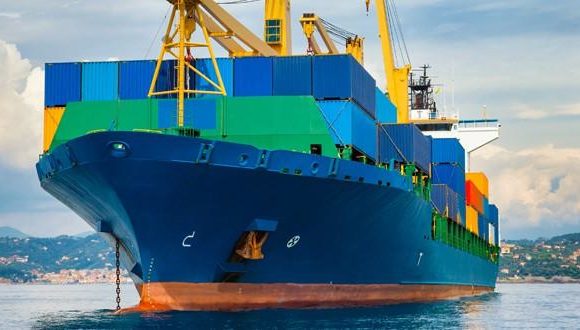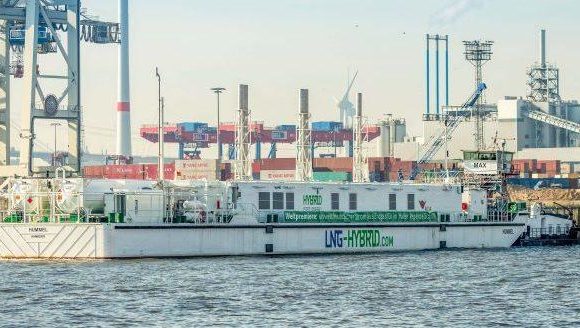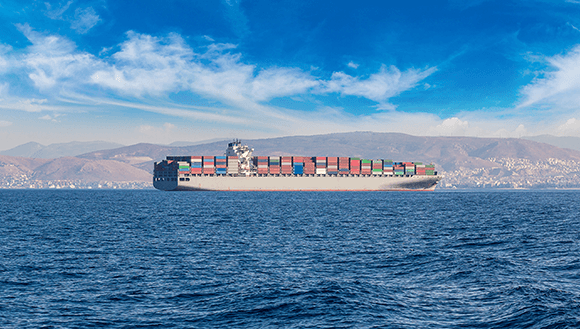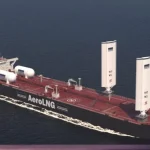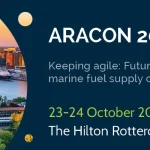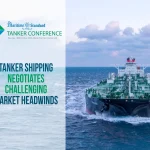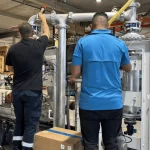FuelTech is a bridge to a greener future
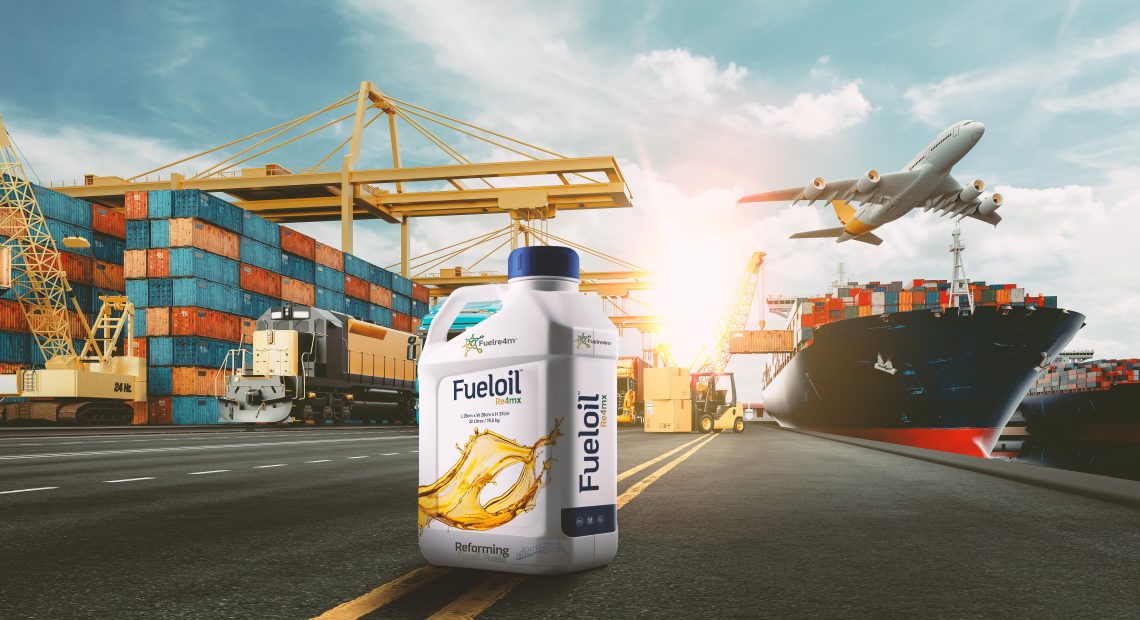
Maritime fuel technology is entering a new era: one where chemistry, data, and digital integration come together to redefine what is possible with existing assets. Shipowners and operators no longer need to wait for a new engine or new fuel type to begin improving emissions and efficiency, according to Rob Mortimer, Founder and CEO of Fuelre4m which is leading the FuelTech revolution.
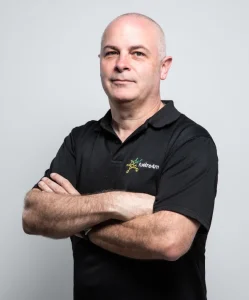
Rob Mortimer, Founder and CEO of Fuelre4m
With the right treatment, accurate measurement, and open collaboration, the industry can unlock immediate and meaningful gains. FuelTech isn’t just a game changer. It’s a bridge to a greener future.
In a maritime industry under immense pressure to decarbonise, all eyes are on fuel efficiency. While next-generation fuels and propulsion technologies dominate long-term planning, the global fleet remains overwhelmingly reliant on conventional fossil fuels. With this reality in mind, innovations in fuel treatment and performance monitoring are becoming crucial transitional tools – offering practical, scalable ways to reduce emissions and operating costs right now, even before vessel replacements or major retrofits.
Despite high hopes for green ammonia, hydrogen, and methanol, it’s widely accepted that fossil fuels will remain a dominant maritime energy source for at least the next two decades. It’s therefore essential that operators extract the maximum performance and minimum emissions from every litre of marine gas oil, diesel, and heavy fuel oil they consume.
In the absence of commercially viable alternative fuels at scale, improving the quality and performance of existing fuels stands as the only complete, low-emissions, well-to-wake solution available today. By enhancing combustion and reducing waste, operators can not only meet but also exceed all current and upcoming IMO, EU, US, and Singapore emissions regulations through to 2030, without incurring additional costs. In fact, the savings generated can directly support and accelerate the industry’s R&D investment in future fuel technologies.
Fuel treatment solutions, especially next-generation fuel oils enhanced with fuel reforming technology, are emerging as a serious lever of efficiency. Products like Re4mx, for instance, demonstrate how chemical engineering can elevate combustion quality, enhance atomisation, and reduce soot, unburnt carbon, and fuel-related maintenance issues. These treatments act on a molecular level, creating more complete and cleaner combustion across varying load profiles and fuel qualities.

While older generation additives focused primarily on deposit control or lubrication, modern fuel enhancement solutions target energy release and fuel-air mixing directly. In laboratory and field trials, vessels treated with these technologies have reported measurable reductions in actual specific fuel oil consumption (SFOC) – Which, in its purest form, is the weight of fuel injected into the engine, for the amount of piston pushing power (PPP) – and up to 15% reductions in CO₂ and all emissions created under consistent operating conditions. Importantly, these outcomes are achieved without hardware modification, making them especially attractive to owners of ageing assets or vessels operating in emerging economies.
The transition to more efficient fuel consumption often requires more than technical fixes – it calls for cultural change. Demonstration trials offer a powerful way to bring stakeholders onboard, validate data, and de-risk investment.
A successful trial should be long enough to account for load variations and operating cycles – ideally 4–8 weeks minimum. It should be baseline-driven, with clear pre-treatment performance metrics. It should be monitored onsite by independent or supplier-side observers, include emissions measurement, not just fuel consumption, and be concluded with a full report, transparent on both gains and limitations.
Well-run trials across vessels, power plants, and mixed fleets have shown time and again that efficiency gains of 12–18% are not only possible, but repeatable – provided systems are correctly measured and interpreted. By extracting more energy per unit of fuel, and by improving combustion processes to reduce particulate matter (NOₓ, and CO) these innovations contribute directly to decarbonisation goals.
They also help shipowners stay competitive in a tightening regulatory environment where CII, EEXI, and regional carbon pricing schemes are no longer theoretical but very real commercial factors. Crucially, these technologies also give legacy vessels – many of which will remain in operation for 10 to 20 years – a meaningful pathway to improved performance without the cost or downtime of major retrofits.
Fuel technology should therefore not be viewed as an ‘interim fix’ before we reach zero-emissions shipping – it is part of the emissions solution, even when measuring and improving future fuels.
Elaborate Communications

